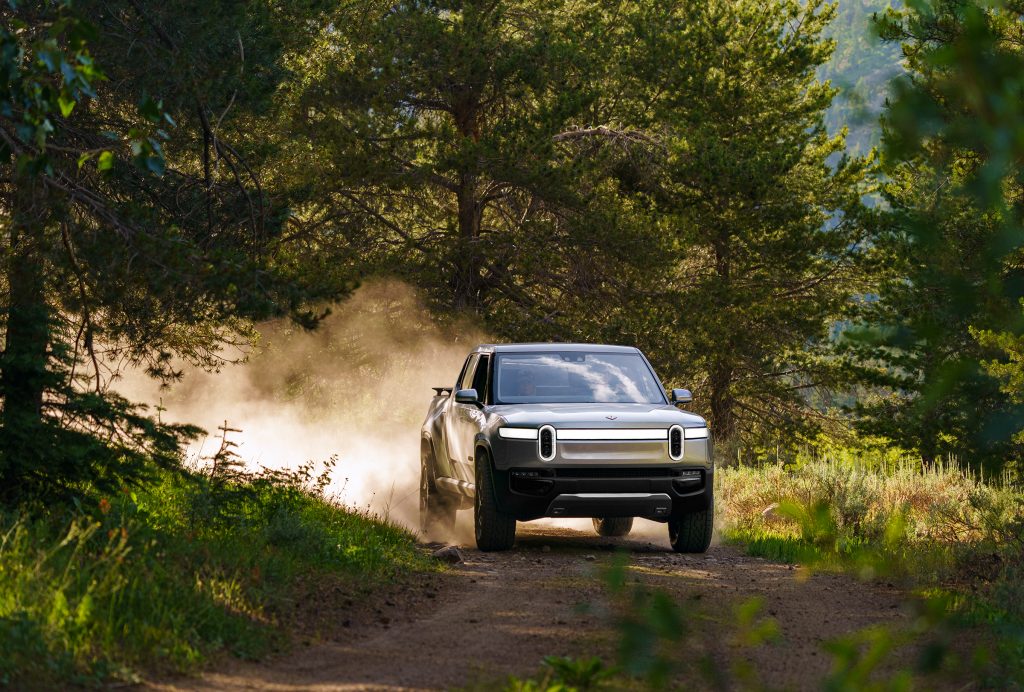
It was only a few months ago that Lincoln, Ford’s luxury vehicle brand, announced a partnership with electric vehicle startup Rivian to build the first fully-electric Lincoln vehicle. But that was before the COVID-19 pandemic delivered a gut-punch to the global economy and sent new vehicle sales careening off a cliff.
That project is now dead, according to a statement from Lincoln.
‘Given the current environment, Lincoln and Rivian have decided not to pursue the development of a fully electric vehicle based on Rivian’s skateboard platform,” the company said. “Ford Motor Company’s strategic commitment to Lincoln, Rivian, and electrification remains unchanged and Lincoln’s future plans will include an all-electric vehicle consistent with its Quiet Flight DNA.”
OnAllCylinders previously reported that several automakers were delaying North American vehicle launches in the wake of the coronavirus outbreak, but this marks the first known outright cancellation.
According to a Jalopnik story, Ford informed dealers about the decision on April 28 and told them it still plans to explore more EV options—including another potential partnership with Rivian—in the future. Jalopnik noted that similar announcements from other automakers may soon follow.
“This could be the first of many new car launches either shelved for the time being or killed off entirely, as automakers reshuffle their offerings amid a huge drop off in sales. It’s also in large part because developing any new car—usually said to cost around $1 billion and take around five years in normal times—is a very expensive endeavor. And right now pretty much every automaker needs all of the cash it can get.”
Jalopnik
According to an article from Yahoo! Finance, Rivian, one of the earliest startups in the EV segment, generated interest from several big investors in 2019, starting with a $700 million funding round led by Amazon. Ford followed suit with a $500 million investment two months later.

[…] It was only a few months ago that Lincoln, Ford’s luxury vehicle brand, announced a partnership with electric vehicle startup Rivian to build the first fully-electric Lincoln vehicle. But that […] Read full article at http://www.onallcylinders.com […]